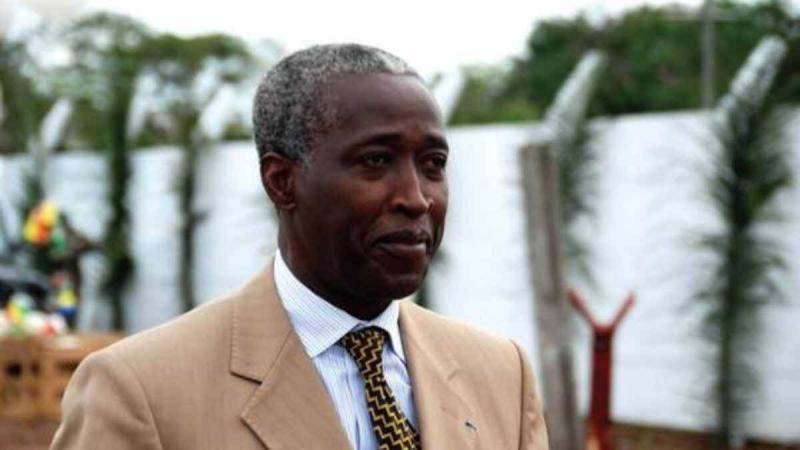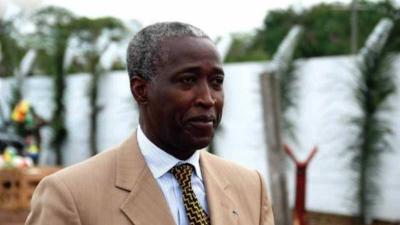The ruling military council in Gabon appointed former opposition leader Raymond Ndong Sima as the Prime Minister of the transitional government today, Thursday. Sima, a 68-year-old economist, was a vocal critic of President Ali Bongo, who was ousted by army officers on August 30. He served as Prime Minister during Bongo's presidency from 2012 to 2014 before resigning, and he challenged Bongo for the presidency in 2016 and again this year as part of an opposition coalition. Bongo, who has been in power since 2009, succeeded his father Omar Bongo, who ruled the oil-producing nation in Central Africa for 42 years. The long-standing family rule has sparked widespread discontent, with critics alleging that both Ali and Omar Bongo failed to distribute Gabon's wealth to its 2.3 million residents.
Citizens greeted the news of the coup with joy in the capital, Libreville. On the fourth of this month, General Brice Oligui Nguema was sworn in as the interim president before judges and pledged to hold free and fair elections, although no timeline was provided. Today, military personnel read a decree on state television announcing Sima's appointment as Prime Minister. Nguema promised economic reforms and stated he would organize free and fair elections, but did not mention when they would occur.
Abdou Abari, the Special Representative of the UN Secretary-General for Central Africa, met with Nguema in Libreville on Wednesday and informed him that the United Nations would assist the country as it enters this new phase. Following the meeting, he stated in comments broadcast by Gabon 24 television, "Once we know the roadmap and timetable, and once the government is appointed, our various agencies will make the necessary contacts and continue to support Gabon."
The coup in Gabon marks the eighth in three years in the West and Central Africa region, although its circumstances are entirely different from those of the recent military coup in Niger. Unlike Niger, Gabon has not experienced a rising anti-French sentiment or a pro-Russian stance, and the generals in control in Libreville appear open to dialogue with international organizations, a contrast to their counterparts in Niamey who have chosen to distance themselves.




